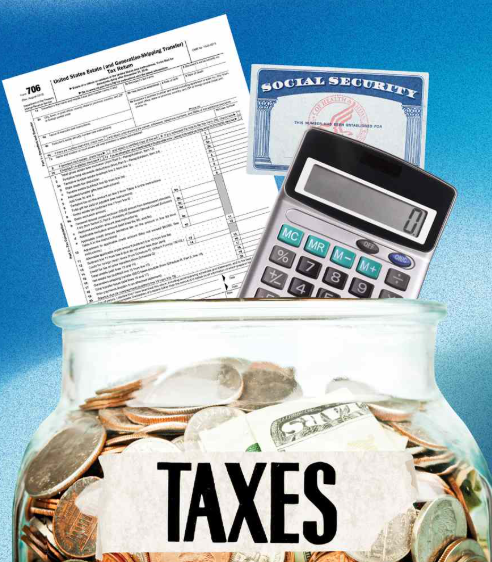With tax season fast approaching, it’s important to get ahead of the game. Waiting until the last minute could cost you valuable deductions or lead to mistakes that may trigger costly penalties. Whether you’re handling personal taxes or managing a business’s financials, being proactive can help you save both time and money. This blog will guide you on how to properly prepare for tax day, ensuring you meet deadlines and make the most of available tax breaks.
Steps to Take Before Tax Day
Tax Day is right around the corner, so now’s the time to start preparing. While consulting with a tax professional can simplify the process and help you maximize deductions, there are several actions you can take yourself to ensure everything is in order:
- Organize Your Documents – Make sure you have all the required forms such as W-2s, 1099s, expense records, and receipts for deductions.
- Review Last Year’s Return – Revisiting your previous tax return can highlight deductions and credits that you might qualify for this year.
- Maximize Tax Deductions – Look into ways to reduce your taxable income, such as contributing to retirement accounts or making charitable donations.
- Use Tax Software or Hire a CPA – If your taxes are relatively straightforward, using tax software can be an easy option. However, if your taxes are more complex, such as owning a business, it’s worth investing in a professional CPA. Professional services, like those offered by Intentional Accounting, can help save money and avoid errors.
- File Early – Early filing reduces the risk of tax fraud and ensures you receive any refund faster.
- Pay Taxes Owed – If you owe taxes, make arrangements to pay them before the deadline to avoid interest and penalties.
Understanding Personal vs. Business Taxes
Understanding the differences between personal and business taxes is essential to ensuring that you comply with tax laws and maximize deductions.
Personal Taxes
Personal taxes are based on the income you earned throughout the year, including wages, freelance work, investments, and other taxable sources. Key considerations for personal tax filing include:
- Standard vs. Itemized Deductions – Deciding between taking the standard deduction or itemizing your deductions can significantly affect your taxable income and refund.
- Tax Credits – Look for credits such as education credits, child tax credits, and credits for energy-efficient home improvements.
- Retirement Contributions – Contributions to retirement accounts like IRAs and 401(k)s can lower your taxable income.
Business Taxes
Business owners have additional factors to consider, such as:
- Business Structure – Your tax filing depends on your business structure, whether you are a sole proprietor, LLC, or corporation.
- Tax Deductions – Businesses can deduct various expenses, including office supplies, employee salaries, and travel costs.
- Quarterly Payments – Many businesses are required to make estimated tax payments throughout the year to avoid penalties.
- Depreciation – Business assets, such as equipment and property, can be depreciated and written off over time.
Final Thoughts
Proper tax preparation can save you from stress and financial strain when tax season arrives. By gathering your documents, reviewing past returns, and consulting a professional if needed, you can make the process smoother and ensure you don’t miss out on key deductions or credits. Whether you’re filing personal or business taxes, staying ahead of deadlines and understanding your options will put you in the best position for a successful tax season.


